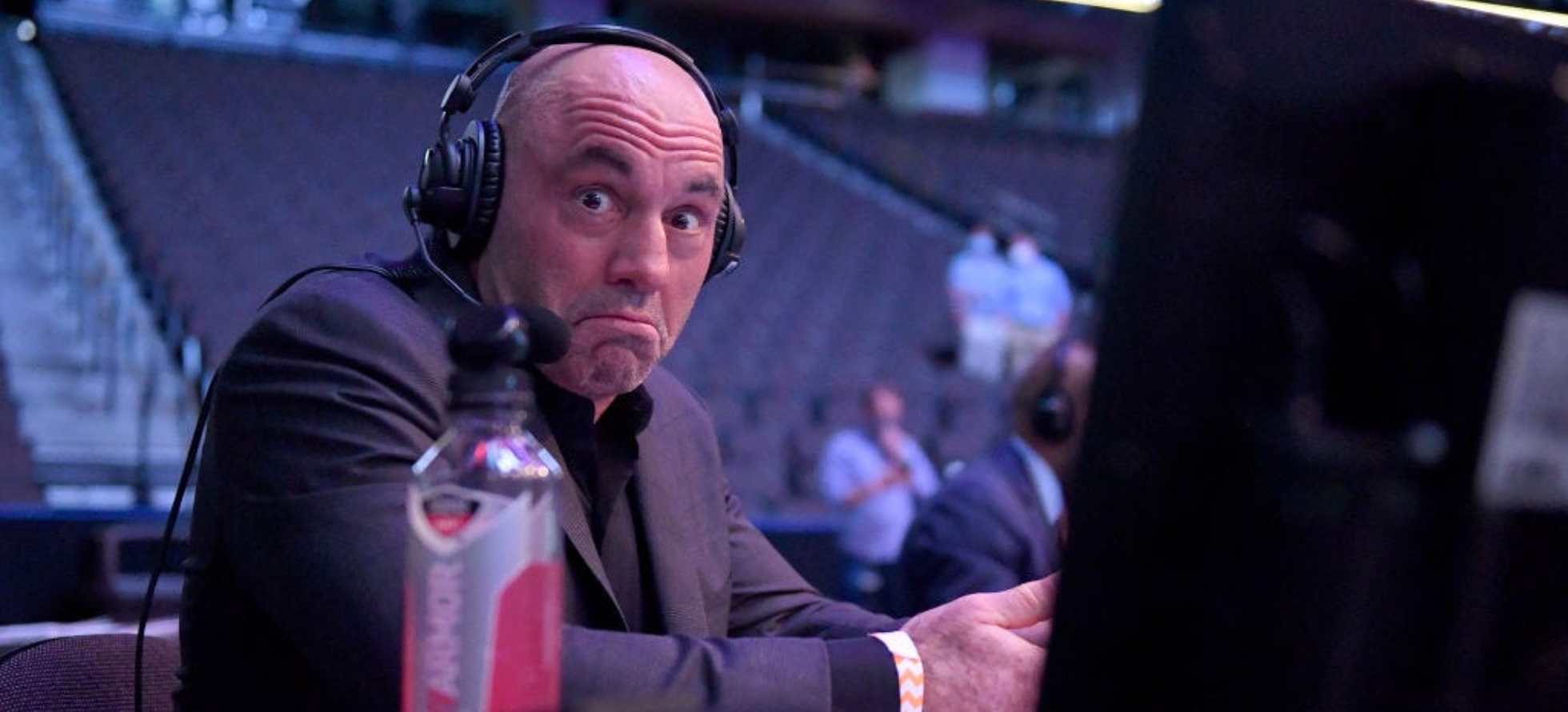In a recent episode of The Joe Rogan Experience featuring author Jack Carr, host Joe Rogan delivered an assessment of modern media that cuts to the heart of why his podcast has become one of the most influential information sources in the world. His observation was both humble and damning: if people are turning to him for serious information, it’s because traditional media has fundamentally failed them.
“If you’re coming to a cage fighting commentator and a dirty comedian like, this is the guy that you need an opinion for, that means the media’s failed you,” Rogan said during the conversation. “Like what I am, I’m a symptom of a broken system. Like, if I’m a source of information, like we’ve got a bit of a supply chain problem.”
Rogan, who describes himself as someone who started podcasting “just for fun” in a spare bedroom with a laptop, has inadvertently filled a vacuum that traditional journalism has failed to address. His three-hour, unstructured conversations have become more trusted by many Americans than carefully produced segments from major news networks.
The numbers support this reality. The Joe Rogan Experience routinely outperforms traditional media outlets in reach and engagement, particularly among younger demographics who have largely abandoned conventional news sources.
What began as casual conversations between friends has evolved into one of the most significant media platforms in the world, influencing everything from political discourse to public health conversations.
But Rogan’s point isn’t celebratory, it’s diagnostic. He recognizes that his success represents a failure of existing institutions rather than his own exceptional qualifications. “There’s a lot smarter people than me, a lot better people at dissecting what’s actually going on in the world than me,” he acknowledged. “But for whatever reason, they can’t do it.”
The reasons for this institutional failure are multifaceted. Traditional media operates under constraints that independent podcasters don’t face: commercial breaks interrupt natural conversation flow, corporate sponsors limit topics of discussion, and ideological capture prevents honest exploration of complex issues. These limitations have created an environment where authentic, long-form dialogue has become rare in mainstream media.
Rogan’s format allows for the kind of nuanced discussion that traditional media formats can’t accommodate. Guests can’t rely on talking points when faced with three hours of unrehearsed dialogue. The result is often more revealing and authentic than carefully managed television appearances.
Where mainstream media often presents predetermined narratives, Rogan’s conversations unfold organically.
This shift represents more than just changing media consumption habits—it signals a fundamental breakdown in trust between the public and traditional information gatekeepers. When people prefer unfiltered conversations to professionally produced news, it suggests that the professionalization of journalism may have created more problems than it solved.


